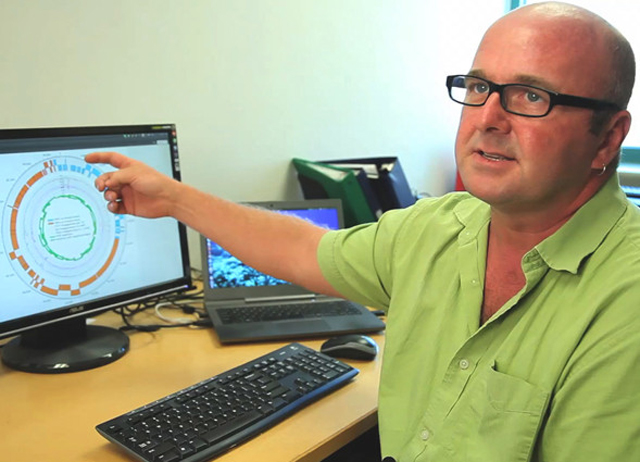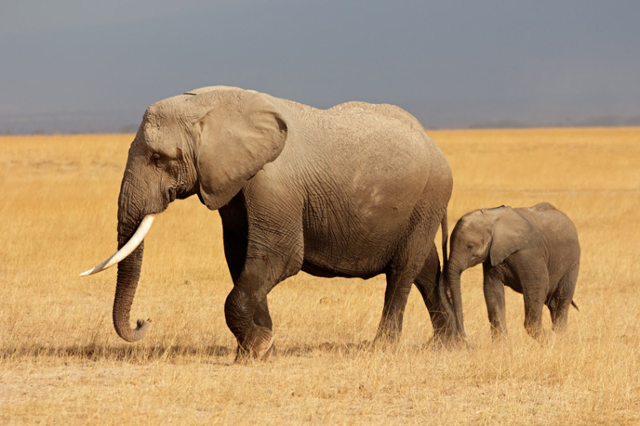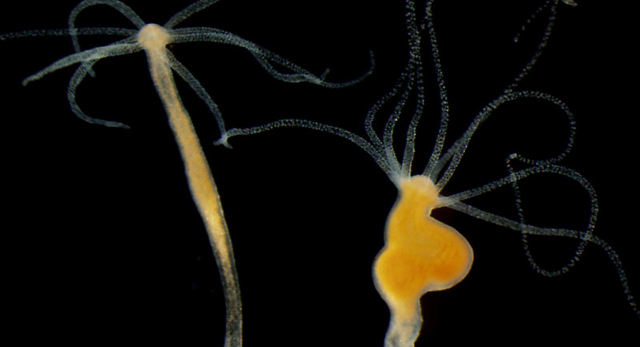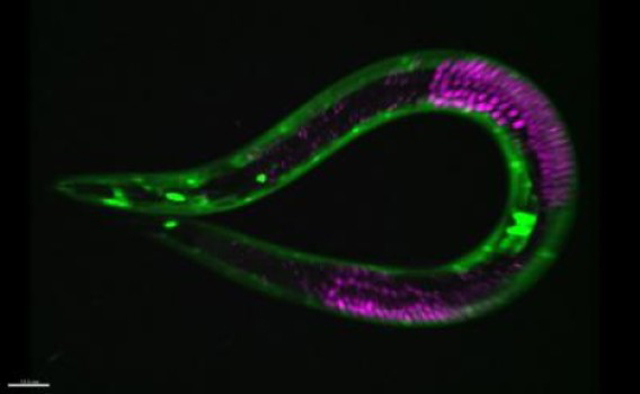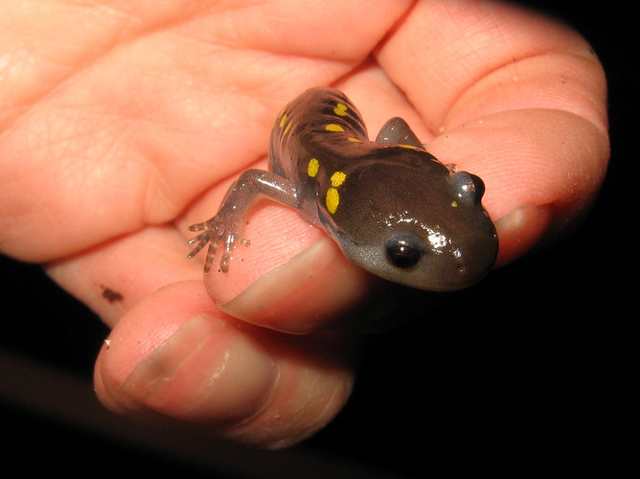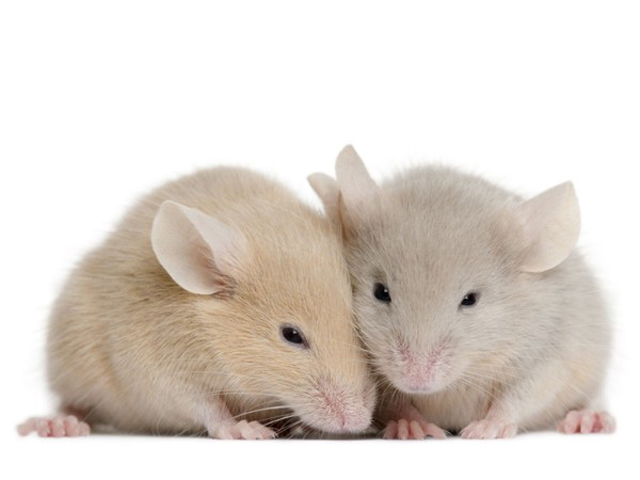Odds are, there's a virus living inside your gut that has gone undetected by scientists for decades. A new study led by researchers at San Diego State University has found that more than half the world's population is host to a newly described virus, named crAssphage, which infects one of the most common types of…
Read more
Newly discovered gut virus lives in half the world’s population
